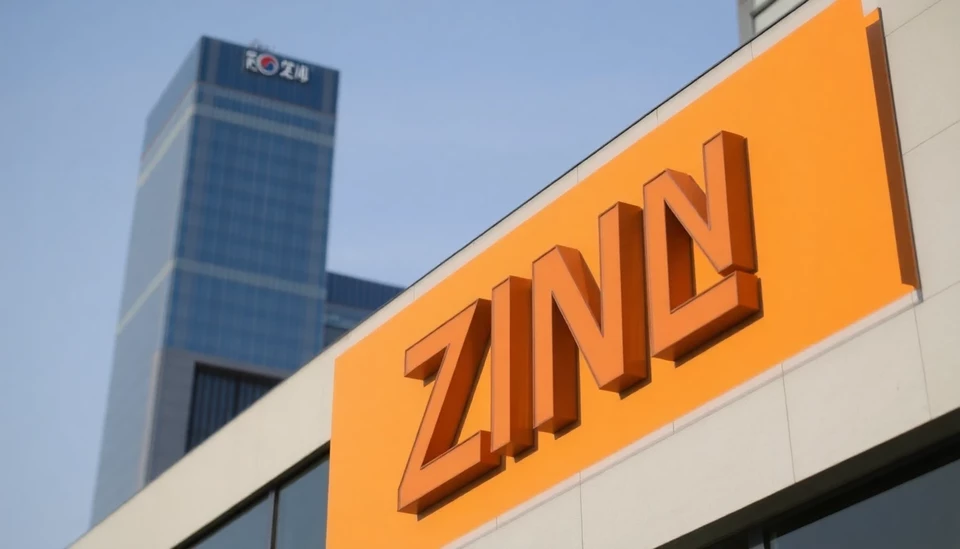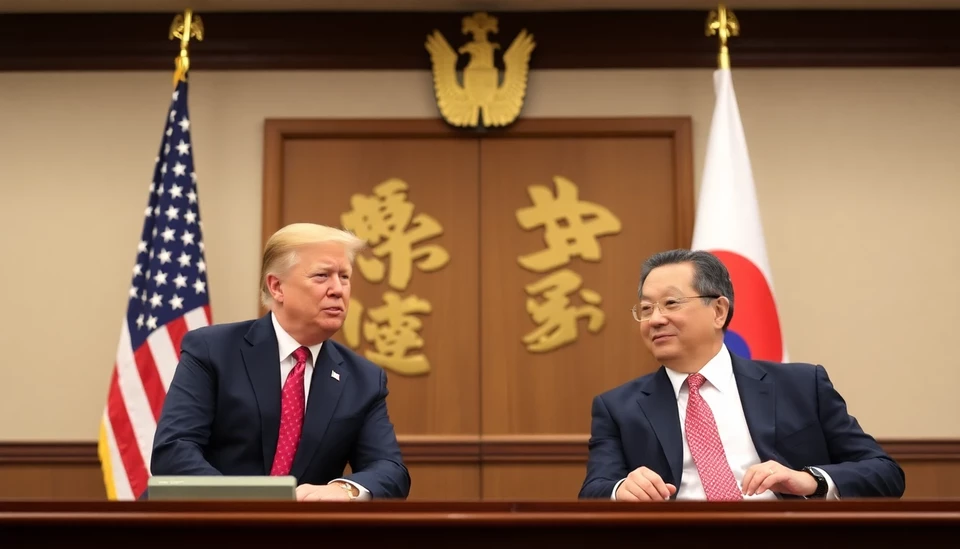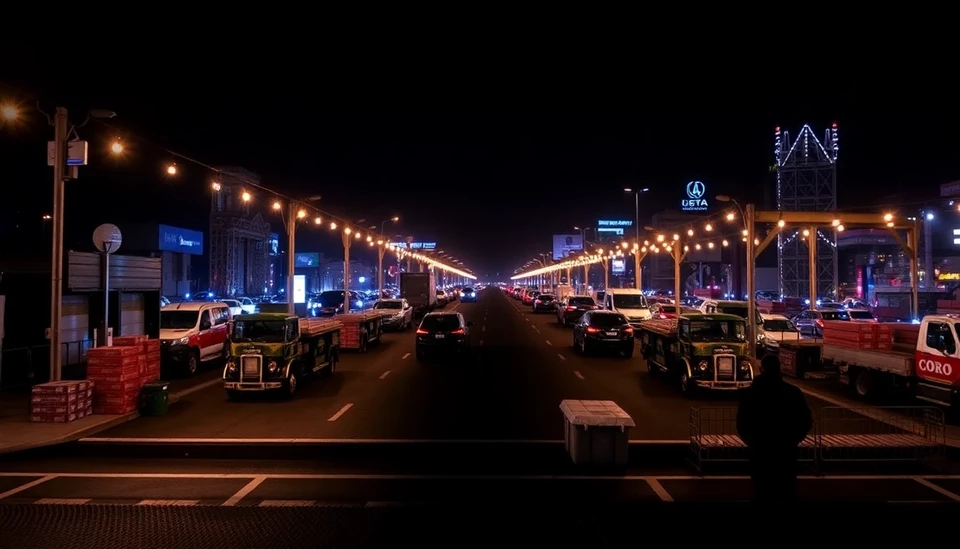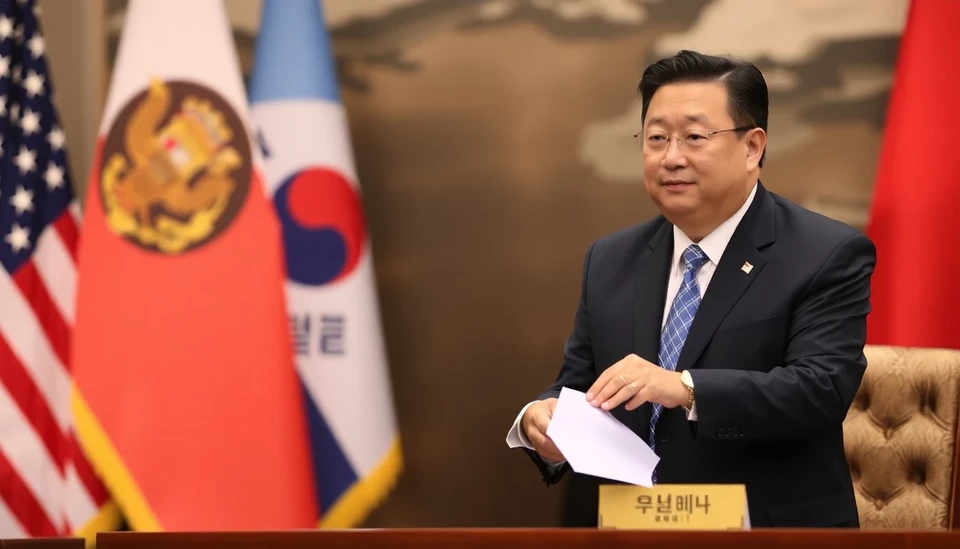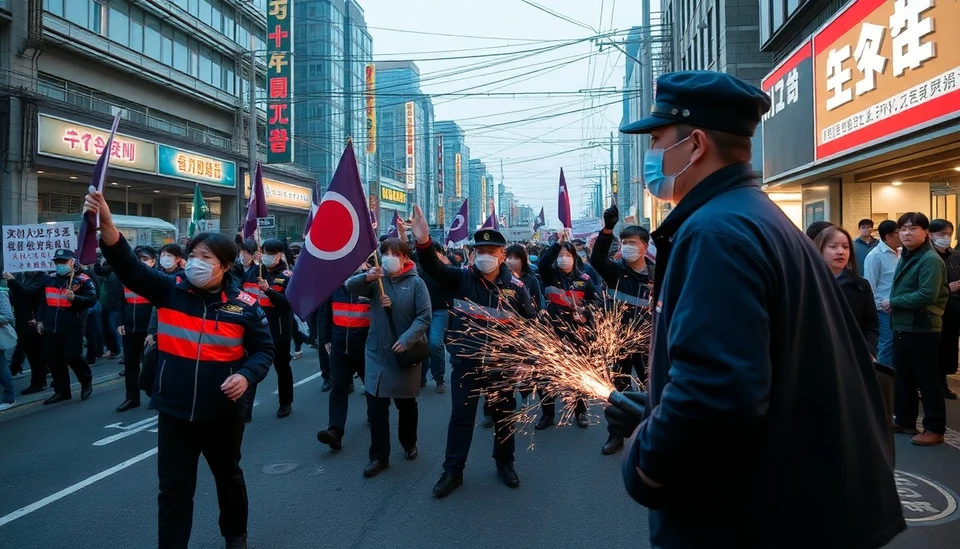
In a dramatic turn of events, metal workers across South Korea have initiated a strike, pressing for the resignation of President Yoon Suk Yeol. This industrial action, which began last week, marks a significant escalation in labor disputes that have been brewing amid rising economic pressures and growing discontent over government policies.
The strike is spearheaded by the Korean Metal Workers Union (KMWU), which spans over 120,000 members across various metalworking industries. Union leaders assert that the protest is in response to President Yoon’s lack of action on labor rights and his government's failure to address the widening gap between corporate profits and workers' wages. They claim that the current administration's policies disproportionately favor large conglomerates at the expense of ordinary workers.
Workers have expressed their dissatisfaction through organized demonstrations in key industrial areas, calling for better wages and improved working conditions, along with their demand for Yoon’s resignation. The protestors have organized rallies in front of major factories, signaling that they are prepared to escalate their efforts if their grievances are not addressed.
The labor unrest has garnered attention not only from the government but also from the general public, with many ordinary citizens voicing support for the striking workers. The sentiment among the nation’s workforce reflects a broader frustration with economic inequality and a desire for more equitable labor legislation.
In light of the strikes, the government has responded with warnings regarding the potential economic impacts of prolonged industrial action. Officials argue that disruptions in manufacturing, particularly in the metal sector, could have ripple effects throughout the economy, especially as South Korea grapples with global supply chain challenges.
As negotiations unfold between union leaders and the government, the situation remains tense. Industry leaders are calling for a swift resolution to prevent further escalation, while union representatives remain firm in their demands. The outcome of these negotiations will not only impact the metalworkers but is also likely to influence South Korea's labor landscape moving forward.
As the strike continues, it serves as a litmus test for Yoon's administration and its handling of labor issues, a critical aspect that could shape the political landscape leading into future elections. Observers are watching closely to see if this labor movement will ignite a larger push for reform in South Korea.
With public sentiment increasingly in favor of the workers, the striking metalworkers are determined to press on with their demands. Their actions encapsulate a broader call for change that resonates not just within the metal industry but across various sectors within South Korea.
As this situation develops, the focus will remain on the potential consequences for both the workers and the Yoon administration, with an uncertain future that could redefine labor relations in the country.
#SouthKorea #MetalWorkersStrike #YoonSukYeol #LaborRights #WorkerSolidarity
Author: Daniel Foster

